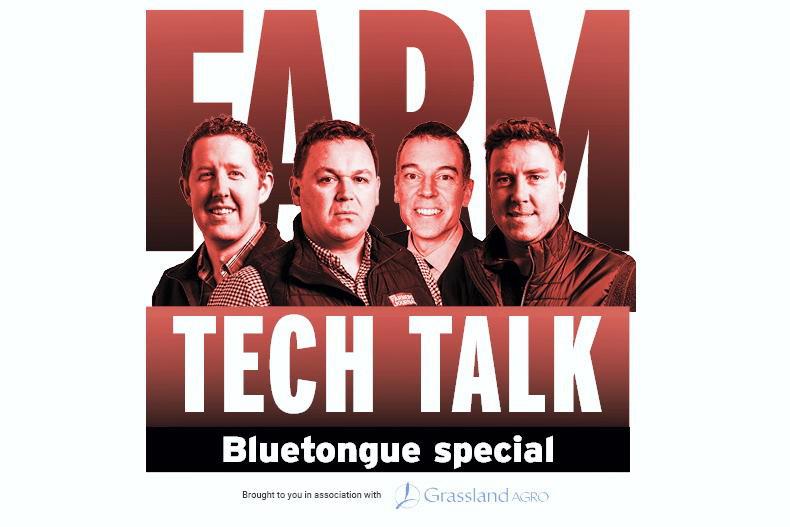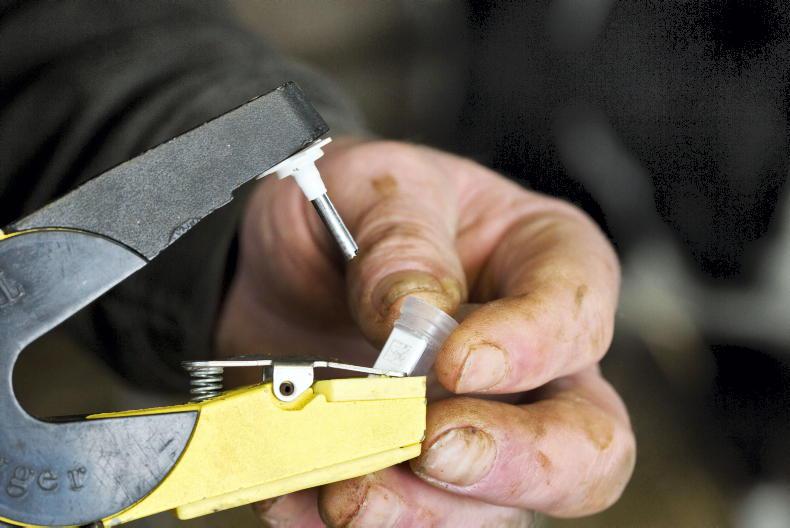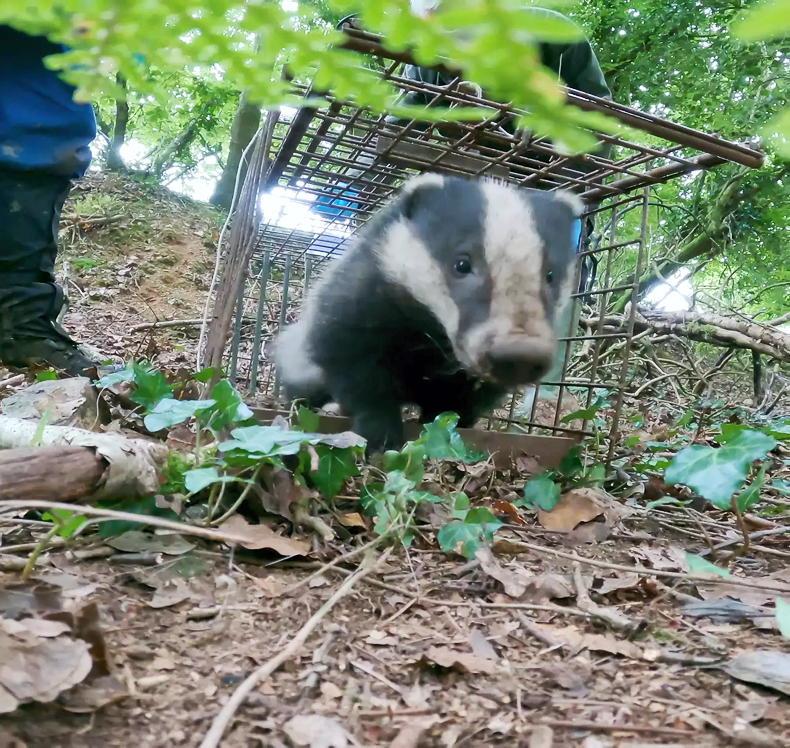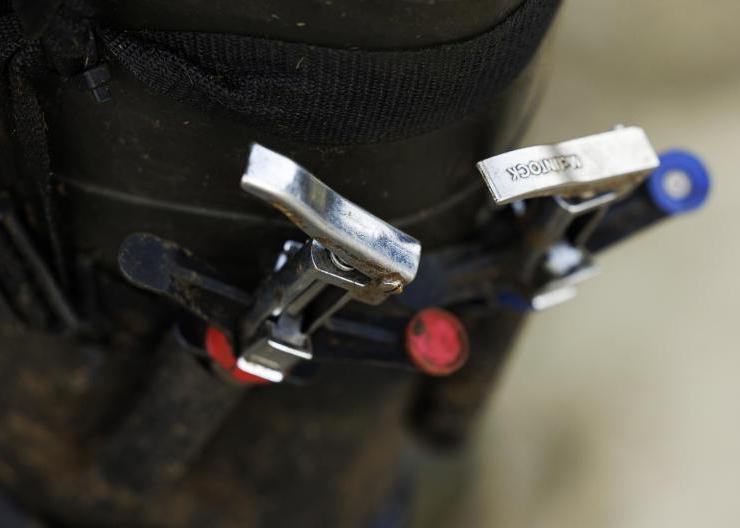Scottish Natural Heritage (SNH) has stated that the badger population is growing but it remains unclear just how many badgers are in the country. One report commissioned by all the GB environmental public bodies estimated that badger numbers in Scotland are between 115,000 and 156,000. This figure is up significantly from previous estimates of 25,000 in 1995. The high number of badgers were recorded in a GB mammal population estimate conducted by Mathews et al in 2018.
In 2009 a report by Rainey on bovine TB, it was estimated that there was likely to be between 7,300 to 11,200 main badger sets in Scotland. Assuming they have a typical social group of between four to six badgers, this puts a Scottish population between 29,200 to 67,200 in 2009.
Despite these estimates, there are still no accurate figures on where and how many badgers are in Scotland.
The Scottish Society for Prevention of Cruelty to Animals (SSPCA) say they received more calls about badgers this year than last. Their helpline received 190 calls about badgers covering injuries, assistance, rescues or road traffic accidents.
National Sheep Association chair John Fyall said: “Every farmer you speak to complains about problems with badgers. It would be very useful and helpful if we knew how many badgers there are so have the information to make responsible decisions.
“Last year we lost 16 sheep to badgers. Twelve of them died because their udders and bellies were ripped by badgers. We check the sheep during the day but if they are backed in the middle of the night the badgers rip them to pieces.
“We did a survey a few years back with the Royal Society for the Protection of Birds on our farm where we had 20 pairs of oyster catchers. Our land is organic and we are in some schemes to protect birds and we still only have one set of oyster catcher chicks fledge.”
Penny Middleton, NFUS animal health and welfare policy manager said: “It comes as no surprise to NFUS that badger populations are on the rise, we have been hearing anecdotal comments from farmers for some time now suggesting numbers are increasing.
“Badgers in high numbers can create difficulties on-farm. Sets in the wrong place can cause access issues, create a barrier to normal farming practices, cause subsidence issues and badgers are also known to predate on sheep, lambs and hens.
“NFUS is committed to finding ways to allow business to continue, with minimal disruption, alongside badger populations. We would like to see an up-to-date assessment of the population in Scotland including geographical spread and densities so that we can have a properly informed debate about how businesses and badgers can co-exist.”









SHARING OPTIONS